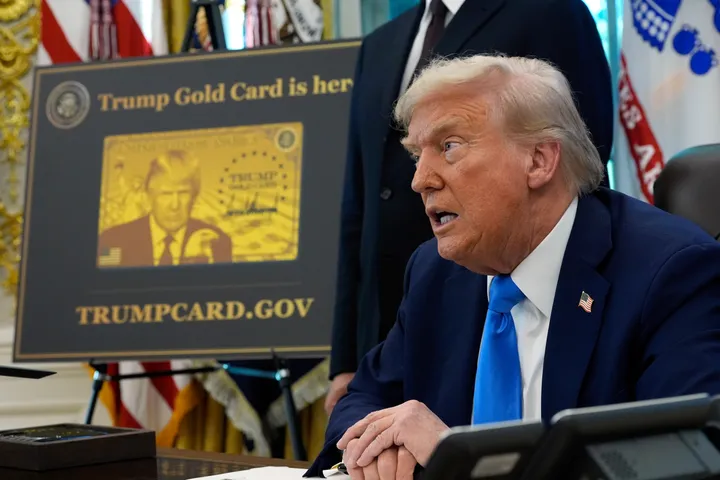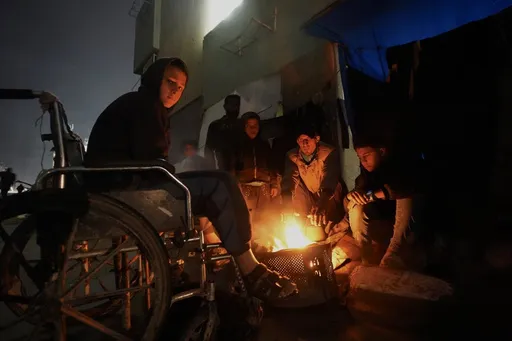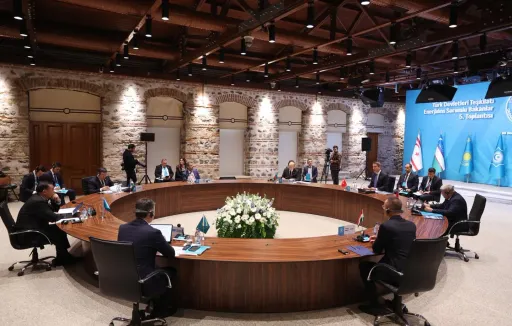By Gaure Mdee
Yusuph Zahoro, a Tanzanian student, spent almost 15 years of his life visiting hospitals in search of a diagnosis for a medical condition that left his doctors perplexed each time.
He would experience constant pain in the joints, severe headaches, dizziness and fatigue, characterised by a low blood count.
A battery of tests would be carried out each time, albeit with no new medical insight into a condition that mimicked symptoms of various diseases but didn't fit into a specific diagnosis.
Yusuph's mind was as wracked by the ravages of the unknown disease as his body was until the condition was diagnosed as paroxysmal nocturnal hemoglobinuria or PNH, a blood disorder that happens when part of one's immune system attacks and damages red blood cells and platelets.
Medical science categorises PNH as a rare disease, or one affecting a small fraction of the population but carrying a significant burden on patients and their families. Each country has its unique threshold for classifying a disease as rare.
The last day of February each year is observed worldwide as Rare Disease Day to raise awareness of such conditions and improve access to treatments and medical representation for patients and caregivers.
The World Health Organisation (WHO) reports that in the US, a condition is considered rare if it affects fewer than 200,000 people at any given time. In the European Union, a rare disease is one that afflicts fewer than one in 2,000 people.
There are many types of rare diseases, ranging from genetic conditions to rare cancers, blood disorders, congenital disabilities, and infectious diseases. Some rare conditions are well known, such as Huntington's disease, cystic fibrosis, or lupus.
Diseases like phocomelia, muscular disability, spina bifida, haemophilia (blood deficiency), and brittle bones are examples of rare diseases reported in Africa.
Insufficient data
Dr Hussein Manji, an emergency medicine specialist in Tanzania, says more than 10,000 known diseases affect more than four hundred million people worldwide. The rare conditions among these bring the challenge of diagnosis and treatment of non-specific symptoms.
"Rare diseases are caused by different factors such as infections or environmental causes. However, nearly 80% are caused by genetic inheritance," Dr Manji tells TRT Afrika.
Tanzania has no official data yet on the prevalence of rare diseases, their outcomes, distribution, and the number of people they affect.
For Yusuph, PNH means "being tired all the time" and battling pain and stress.
"Even breathing becomes difficult at times, and the heart feels constricted," he says. "It was worse when the condition was undiagnosed. You go to the hospital, struggling, but no problem is seen."
Since his condition was identified as PNH, the young man's life has changed somewhat. "I live according to how this problem wants me to, not as I want. There are things I can't do like other people. Running or climbing a hill is a challenge."
Yusuph needs to undergo transfusion every other month to keep his blood count up.
Awareness is key
Experts say awareness is crucial to understanding the genesis of rare diseases, their diagnosis and management.
Scientist and activist Aneth David of the University of Dar es Salaam points out that there are challenges in doing so.
"Since rare diseases affect few people, they give the impression that they don't have many patients, and they are not a priority or of much importance," she tells TRT Afrika.
Another challenge is governments, healthcare providers, and researchers being unaware of the existence of a particular rare disease.
"People understand that there are rare diseases. But what are they? What are their symptoms? It would help to know if someone recognises these symptoms and advises where to go or where to take someone," says Aneth.
Science and policy
While awareness helps healthcare providers recognise rare diseases and manage these conditions, there are bottlenecks.
"If someone shows confusing symptoms, the most difficult question to answer is what tests to get done. Also, what if there is no known treatment? How can the patient be helped? For researchers like us, if we can understand and get awareness about rare diseases, we can prioritise researching those ailments," explains Aneth.
Research helps identify ways to recognise symptoms early, initiate proven ways of treatment and even pre-empt rare conditions through screening.
"Genetic screening is an important tool that allows couples to look at the possibility of their children having rare diseases," she says.
Besides these steps, rare diseases require governments to allocate money and other resources for extensive research and treatment. "Policymakers need to know what rare diseases are, how people who have them suffer and that they need specific treatment," the scientist explains.
➤Click here to follow our WhatsApp channel for more stories.
























